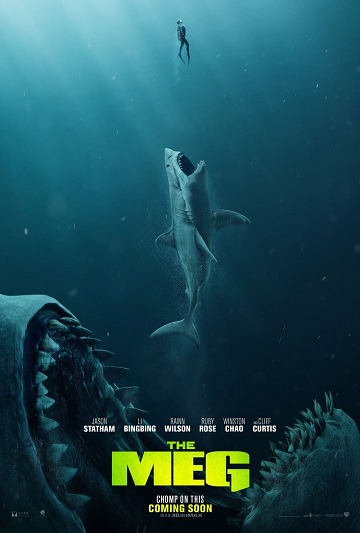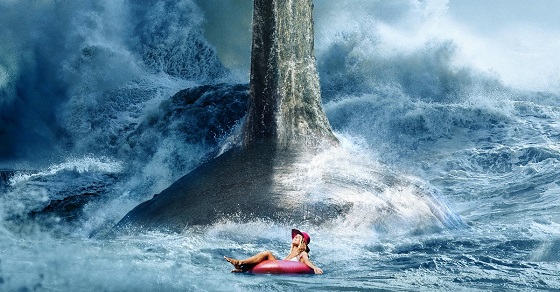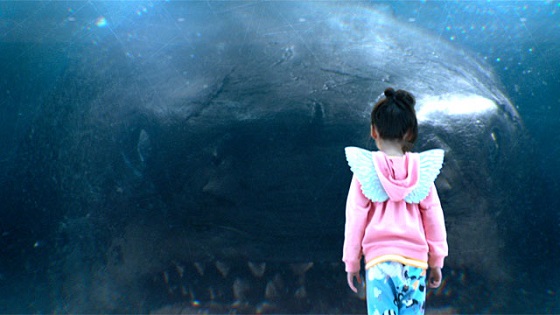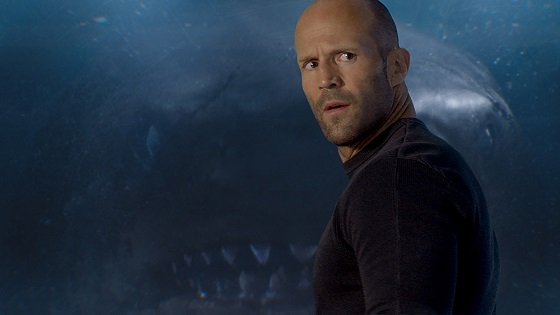It is said that Siddhartha Gautama meditated beneath a great fig tree in Bodh Gaya for 49 days when he reached enlightenment. Nirvana, he realized, was a vast emptiness. To find truth and light one must not attempt to achieve great personal gain in life but rather to remove oneself from the wheel of time entirely. Truly it was want and the matters of the world that caused suffering, and all emotions and desires would intrinsically be tied to the tragedy of existence.
The Middle Path was not a joyous path nor a painful one, but rather a path attempting to reach a deep emptiness, for in a realm of chaos such as ours is not reality but a painful metaphor? The wheel of time rolls on, constantly repeating and constantly wreaking chaos on humanity. Freedom would not be found within matter and want but rather the nothingness of the void. Achieving this, the great revelation, Gautama became the Buddha. In seven weeks, he found the serenity of nothingness.
The other night, I saw the Warner Brothers-produced film The Meg, and I do believe I have found enlightenment. Over the course of one hour and 53 minutes, I found the great and beautiful emptiness of the void. I transcended happiness and anger, disappointment and regret, rather I became the same nothingness that lies at the heart of existence.
Darkness envelops me as rain is enveloped by the sea.
The Meg, directed by Jon Turtletaub of National Treasure fame, at first does not seem as though it is a film attempting to find deep truths about reality. Indeed, it feels like a cheaply made American film that grabbed up a random unknown genre IP so it could rush out a monster movie to market to the massive Chinese filmgoing public. This, much like Pacific Rim: Uprising earlier this year, feels as though it has almost no interest in appealing to any audience outside of the People’s Republic. The acting is stagier and more stilted to read better with a Mandarin dub, the ultimate villain is not the poorly explained shark but rather the American industrialist, and victory is achieved through the group being willing to sacrifice themselves and their happiness for the sake of the collective. However, one thing remains absent that would speak to both Chinese and American audiences that most would consider vital: Entertainment value.
I have never felt nothing for two hours before, until The Meg. I have, as stated above, achieved nothingness.
At first this is grating. Watching the bland, aimless human-shaped globs of abstract matter quip as though they are people felt like watching humanity through a dirty window. I thought of the end of George Orwell’s Animal Farm, where the animals gazing through the window could not tell the pigs apart from their human former masters. Indeed I felt characters within the film shift places and identities as well as occasionally lose all sense of self. Was I watching Jason Statham play a character or was I watching a Jason Statham-shaped hole that acted as nothing more than a cog in the machine of the propagandistic plot? Why was it when one side character died, a different one came centerstage with a new personality to fill the gap? Was this poor writing or something deeper?
As the film went on, I fell into a meditative state. These performances and constant shifting of central characters turned from a flaw into a very recreation of reality. No man persists, and the characters of the film rotate in import as do the people within our lives. These were not characters but all humanity within microcosm. Each character was but a creation used to divide up the chaos of matter, and their eradication showed the meaninglessness of individual identity. What matter is the loss of one character if the role of comic relief can be taken up by another? They are not people, for people are just collections of atoms enacting consciousness before being re-subsumed into the dust of the cosmos.
I found myself falling deeper and deeper into the film, as the characters go into the Marianas Trench. Every time I thought the void could not be deeper, the waters colder, I found a deeper level to the nothingness. I no longer questioned how two sharks broke out of the barrier that humans only barely broke. I no longer wondered why Rainn Wilson turned to evil to eliminate the shark with no reason. I no longer became distressed when a different side character would take center stage as the new tertiary lead and develop new personalities to do so. Instead, I accepted the metaphor. Indeed this was not a film about the eternal struggle between man and shark, but a way to access deep into the necessary clearing of one’s mind.
Emotions? There are no emotions in the deep vacuum at the heart of being. There is no laughter. There is no fear or shock. All this emotion and excitement is but clutter and distraction from the silence that resides at the center of all things. The Meg reaches this not by exploring silence but merely being silence. There are no laughs. There are no shocks. Merely the dragging on and on of this meaningless struggle between man and shark. Truly this cannot be failure on the filmmakers’ part, this is meditation on the wide screen. Jason Statham is not Jason Statham but rather the idea of Jason Statham, allowed to disintegrate before our eyes, finding solitude in pure barren noiselessness.
There is a Turkish Sufi sect that will dance in mesmerizing circles for days to reach a oneness with Allah. Sufism, developed in Central Asia in the tenth century, was heavily influenced by Buddhism. Sufism is an inherently contradictory system, in which ascetism is used to reach the fullness of everything. Scholar Reza Azlan describes it as the process of staining the prayer rug with wine: Using nothingness and emptiness to find the heart of all things, and vice-versa excess and hedonism to discover purity and intimacy.
In this way, The Meg is much the same. It is at once packed full of action and people, yet devoid of humanity and life. It is constant, overly saturated liveliness revealing the vast emptiness beneath the surface of all. One does not care about sharks and man nor good and bad nor art and reality. It is all just the vast, empty darkness of space, the inherent blankness of being. All comes from dust and all shall return to it. To find salvation is not to invest oneself within the fight of man and shark but to give oneself up to the chasm, to reach beyond the repetition and decay of time and find true and utter blankness of being.
The film is not good. There is very little good within it. It is not, however, bad. It does not have enough of substance to reach bad. It is uninterested in bad. It transcends this simple human binary. It is merely desolation. It is flavorless gum. It is an empty cardboard box. It is absence in the shape of a film. It is The Meg.
Darkness envelopes me as the rain is enveloped by the sea, and thus I am become enlightened.










Comments on this entry are closed.